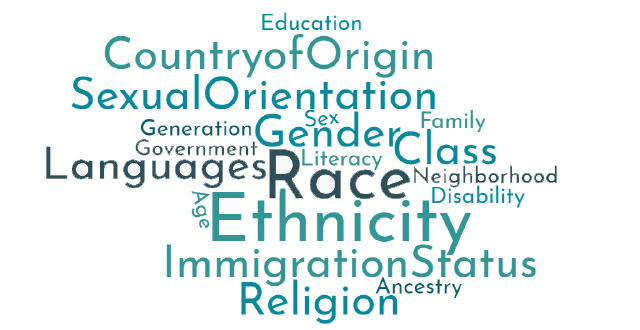ADDRESSING PERSONAL AND SYSTEMIC BIAS
Adapted from UCSF Bixby Beyond the Pill CME Course # MMC20087
INTRODUCTION
There are several structural and interpersonal factors that impact the reproductive and sexual health and well-being of communities. Bias has been shown to be a contributing factor to racial health disparities and outcomes with childbirth, pain management, contraception, and pregnancy options (Saluja 2021, Hirsh 2015). Bias refers to attitudes or stereotypes that affect our understanding, actions, and decisions. These biases can be unconscious or conscious and may not necessarily align with our declared beliefs (Marcelin 2019, Zestcott 2016, Blair 2011). It is easier to see biases in others than ourselves.
Both unconscious and conscious biases can result in discrimination and health disparities, especially in communities subject to structural violence and systems of oppression such as racism. Some important historical examples include the widespread stereotype that “poor people are unable to care for children and so should limit their family size.” This bias has fueled forced sterilization, incentivized use of long-acting reversible contraception (LARC), coverage of LARC placement but not removal, and lack of insurance coverage of infertility services among people living with low-incomes or that have been subject to multiple interlocking systems of oppression (Guttmacher 2014). In studies using standardized videos, providers have demonstrated biases about who should use intrauterine contraception based only on patient race/ethnicity and socioeconomic status (Dehlendorf 2010).
REFLECTION, IMPLICIT AND SYSTEMIC BIAS
In order to minimize the harm that biases can have on the care we provide, we must bring awareness to their influence on our care. To begin to incorporate self-reflection, consider some of the following questions:
- To what privileged groups (i.e. educated, heterosexual, citizenship) and what marginalized groups (i.e. low-economic status, immigrant) do you belong?
- Do you find yourself wanting people in specific groups to make certain contraceptive or pregnancy decisions?
Some best practices that help providers and institutions:
- Avoid making assumptions, as they often reflect cultural stereotypes and bias.
- Listen more than you speak; people are the experts in their own lives.
- Practice cultural humility rather than impose your values and beliefs on your patients.
- Cultivate partnerships with local reproductive justice and social advocacy groups.
- Commit to lifelong self-evaluation and self-critique (Waters 2013).
- Racism is not just a problem requiring an individual intervention, but a structural and organizational problem that will require much work to change. Invest in diversity, equity and inclusion efforts within your institutions. as well as efforts to reverse structural aspects of racism within your communities (Green 2020, BMMA 2020).
